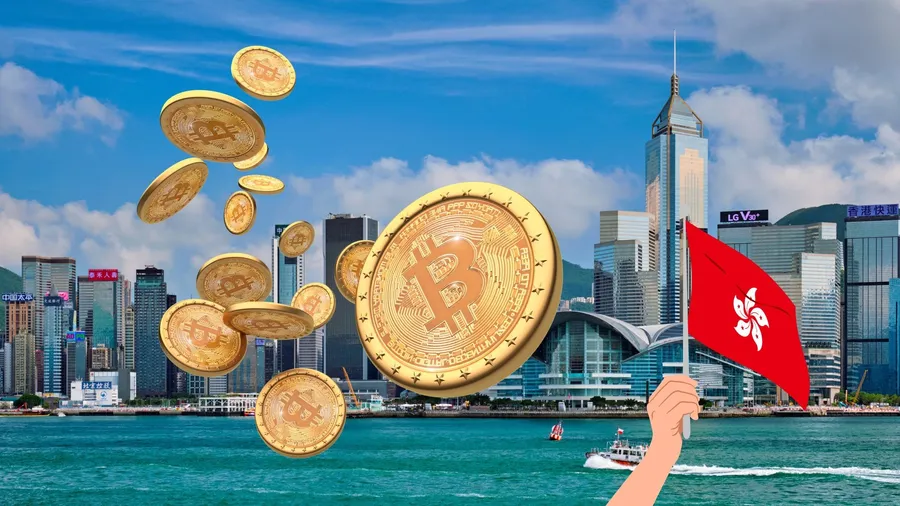Venezuela wants to cast oil coins to 1 million young people, which is good for Bitcoin.
The Venezuelan government will not let its petropolis dreams burst.
Despite being besieged, Venezuelan President Nicolas Maduro now has a new plan to bring the state-backed cryptocurrency to people: give it to young people across the country.

This plan may actually drive popularity, but not necessarily the way Maduro wants. In one of the world's largest Bitcoin transactions, even if the young people in Venezuela eventually refused to accept the coins, the results of this experiment may be very beneficial for Bitcoin.
- How does the hedge fund in the crypto asset industry work?
- Babbitt Depth | Above 5G, cloud games will become mainstream, blockchain is indispensable
- Li Lihui, former president of Bank of China: China should master the dominance of new technologies in the digital currency field
Just two weeks ago, Maduro announced that it had approved a payment of 924 million Bolivars (about $150,000) and began distributing oil coins to 1 million cryptocurrency wallets. These wallets are specially prepared for those involved in the country's Chamba Juvenil program. The Chamba Juvenil program is a government work program for student groups and young people.
According to the president's statement, the idea was to encourage young people in the country to start using and trading oil coins. The president said that the “Student and Youth Digital Bank”, which was established in May 2018, will begin to accept oil currency payments. The bank can exchange oil coins for fiat money because the country's merchants or government service agencies do not accept oil coins as currency.
But if the plan is successful, it may eventually start accepting and using oil coins nationwide – Maduro’s “Hail Mary” plan to save the Venezuelan economy and evade US sanctions.
However, the exact details of the distribution of these tokens have not yet been announced, and the representative of the Venezuelan Government's National Cryptographic Assets and Related Activities Regulatory Authority (Sunacrip) has not yet responded.
Although the Venezuelan government has not yet passed an ambitious plan for oil coins, the country's National Cryptography Association (Asonacrip) is still very optimistic about Maduro's statement. Asonacrip is a non-profit organization that promotes the popularity of cryptocurrencies in Venezuela.
Asonacrip chairman Jose Angel Alvarez said he believes that Maduro's plan is largely to release a "positive" signal to the cryptocurrency. “It’s too early to make a conclusion,” he said, because we still don’t know how the $150,000 will be used. However, he said that letting 1 million young people hold cryptocurrencies would be a valuable "education and training" opportunity.
He said that regardless of the government's goal, this is good for cryptocurrencies. Alvarez said:
“One million people will have an encrypted wallet and can purchase and pay for goods and services at any time with blockchain technology.”
He said that because the current currency exchanges can only be exchanged with Bitcoin, the Venezuelan government may indirectly push up the demand for Bitcoin.
Although Venezuela's exposure to cryptocurrencies is still small, the country ranks among the top 5 in the world in terms of Bitcoin's P2P trading volume. In fact, according to AirTM consultant Matt Ahlborg, Venezuela's Bitcoin transactions in 2018 exceeded traders across Europe.
It is worth noting that the Venezuelan government itself also welcomes Bitcoin and other cryptocurrencies. In March of this year, the government launched a nationwide cryptocurrency remittance service, where users can send Bitcoin and Litecoin funds to a managed wallet, and the government deposits the money into the payee's legal currency account. Currently the service does not accept petroleum coins.
However, unless the Maduro government sets specific details for its oil currency promotion strategy and achieves tangible results, most of the above initiatives will still be speculation. After all, the digital bank responsible for dealing with oil currency transactions does not exist or even register in the country's official gazette (this is a prerequisite for the establishment of any new institution).
In addition, this is not the first time Venezuela has attempted a "airdrop" on petroleum coins . In November last year, Maduro tried to send oil coins to retirees in the country, and the final result was not satisfactory.
Because the government did not correctly explain to those who receive pensions in the form of petroleum coins what these cryptocurrencies can be used for, or how to convert them into Bolivar. This incomplete experiment led to protests on the streets of several cities in Venezuela, which was later quietly closed.
Maduro’s new plan can also have unintended consequences – this is good news for Bitcoin.
We will continue to update Blocking; if you have any questions or suggestions, please contact us!
Was this article helpful?
93 out of 132 found this helpful
Related articles
- Bitcoin fluctuates within a narrow range, waiting patiently for the market to restart
- Quote analysis: the shock market is nearing the end, waiting for more hair
- Dragon White: Libra is a skyscraper built on the beach
- Chinese Culture News: The “Testing Water” Blockchain in the Copyright Industry
- Bitcoin market analysis: shorts are coming again, shocks still exist
- Ethereum Fellow: ETH circulation may be reduced by 10 times in 2021.
- BTC premium of $1,000? Here is a detailed explanation of the South African cryptocurrency market.





